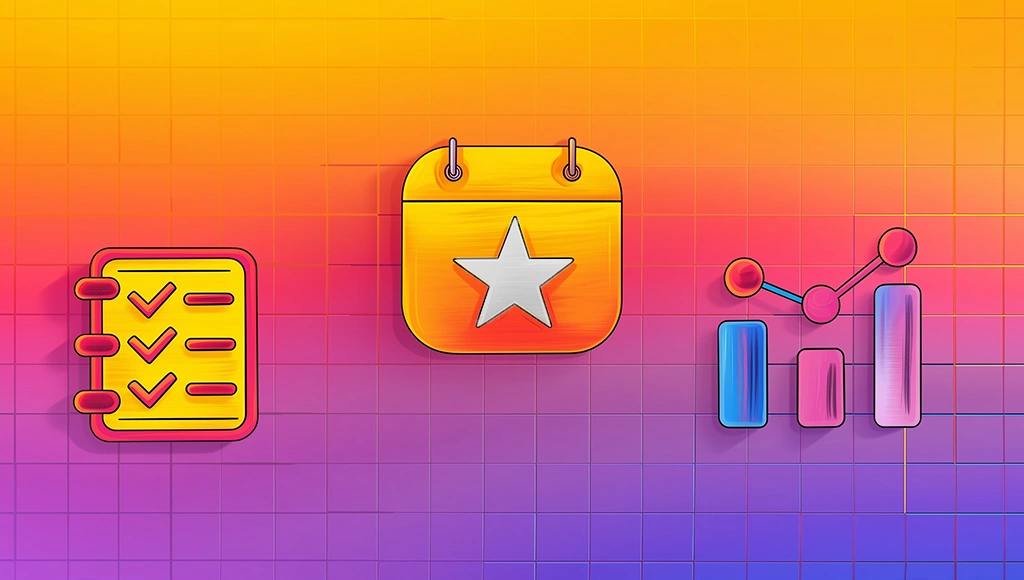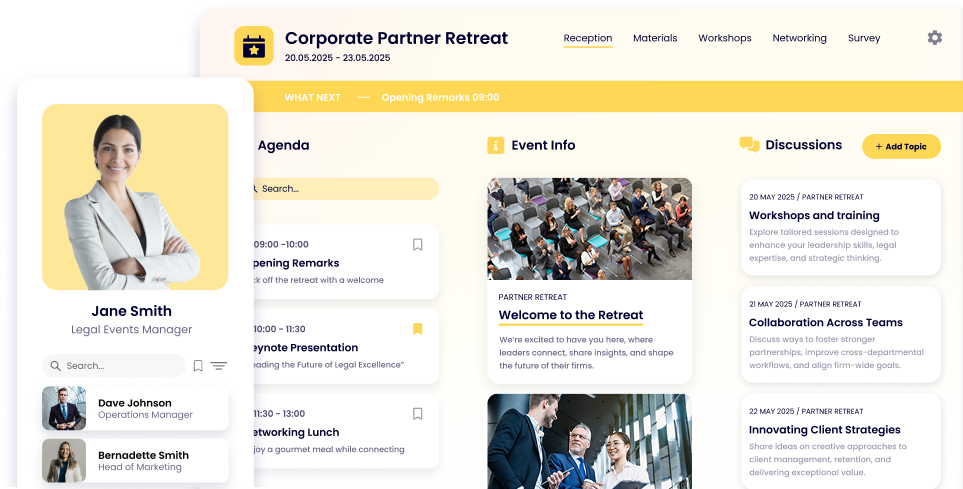Top Tools for Efficient Event Scheduling

Lisa Broom | Head of Marketing

Efficient event scheduling is the backbone of a successful event. This guide explores the top tools for event scheduling, their key features, and best practices to streamline your planning process.
Key Takeaways
- Early event scheduling enhances organization and prepares for unforeseen changes, ensuring a smooth experience.
- Effective scheduling software integrates with existing systems, offers real-time updates, and features customizable templates for better attendee engagement.
- Future trends in event scheduling include AI integration for personalized experiences and the rise of hybrid events, allowing for more flexible participation options.
The Importance of Event Scheduling
Event scheduling is crucial for ensuring all activities occur on time, maintaining a seamless flow. A well-structured schedule:
- Helps identify potential conflicts and allows for necessary adjustments.
- Ensures attendees remain engaged by balancing sessions with breaks.
- Provides a clear timeline, conveying session details effectively.
- Allows organizers to handle unforeseen circumstances proactively.
- Keeps attendees informed with real-time updates and instant schedule adjustments.
Key Features of Effective Event Scheduling Software
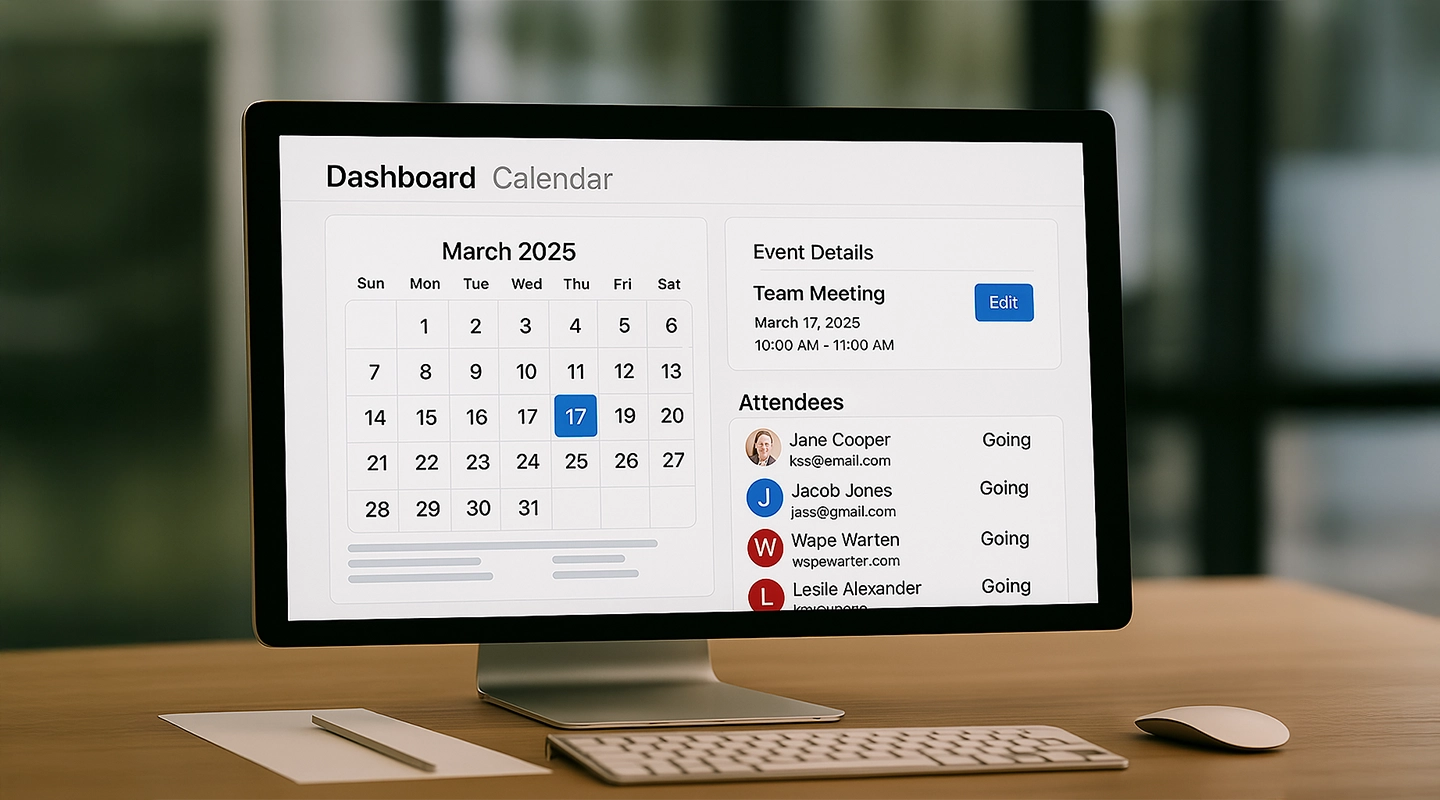
The best event scheduling tools streamline planning with features such as:
- Third-party tool integration: Reduces manual data entry by connecting with platforms like CRMs and payment processors.
- Automated reminders and follow-ups: Keeps attendees informed and minimizes no-shows.
- Customizable templates: Allows event organizers to align registration forms and event pages with branding.
- User-friendly dashboards: Provides intuitive scheduling interfaces for both organizers and participants.
Choosing the Right Event Scheduling Tool
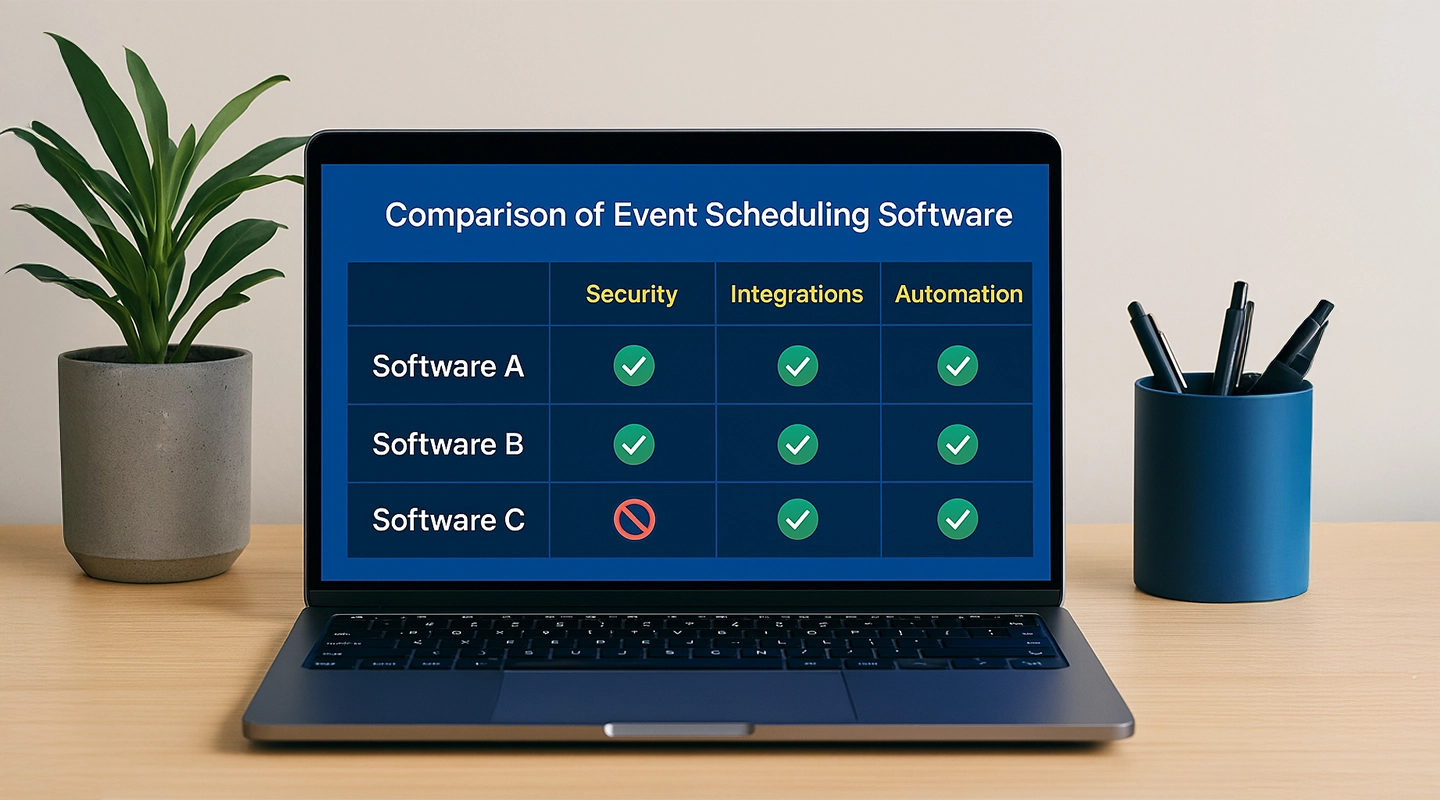
Selecting the right tool depends on specific requirements, such as ticketing, guest management, and security. Consider:
- Integration capabilities: Ensure compatibility with CRM, email marketing, or payment processors.
- Enterprise-level security: Protect sensitive data with secure admin controls and encryption.
- Scalability: Choose tools that grow with your event size and complexity.
Streamlining the Scheduling Process

Enhancing efficiency through business process management (BPM) software helps centralize data and automate workflows. Best practices include:
- Clear communication: Share schedules in advance to help attendees plan effectively.
- Flexibility: Adapt quickly to last-minute changes and unexpected disruptions.
- Automated workflows: Reduce manual tasks by using scheduling tools with AI-powered automation.
Enhancing Attendee Experience Through Scheduling

A well-structured event schedule ensures smooth attendee engagement. Consider:
- Breaks and networking opportunities: Prevents attendee fatigue and encourages engagement.
- Flexible scheduling: Reduces wait times and enhances service delivery.
- Interactive elements: Incorporate live polling and gamification to improve participation.
Real-Time Updates and Flexibility
Modern scheduling software offers:
- Instant updates: Enables quick adjustments to accommodate last-minute changes.
- Optimized resource management: Ensures availability of venues, speakers, and services.
- Enhanced communication: Keeps teams and attendees aligned on schedule modifications.
Integrating Event Scheduling with Other Tools
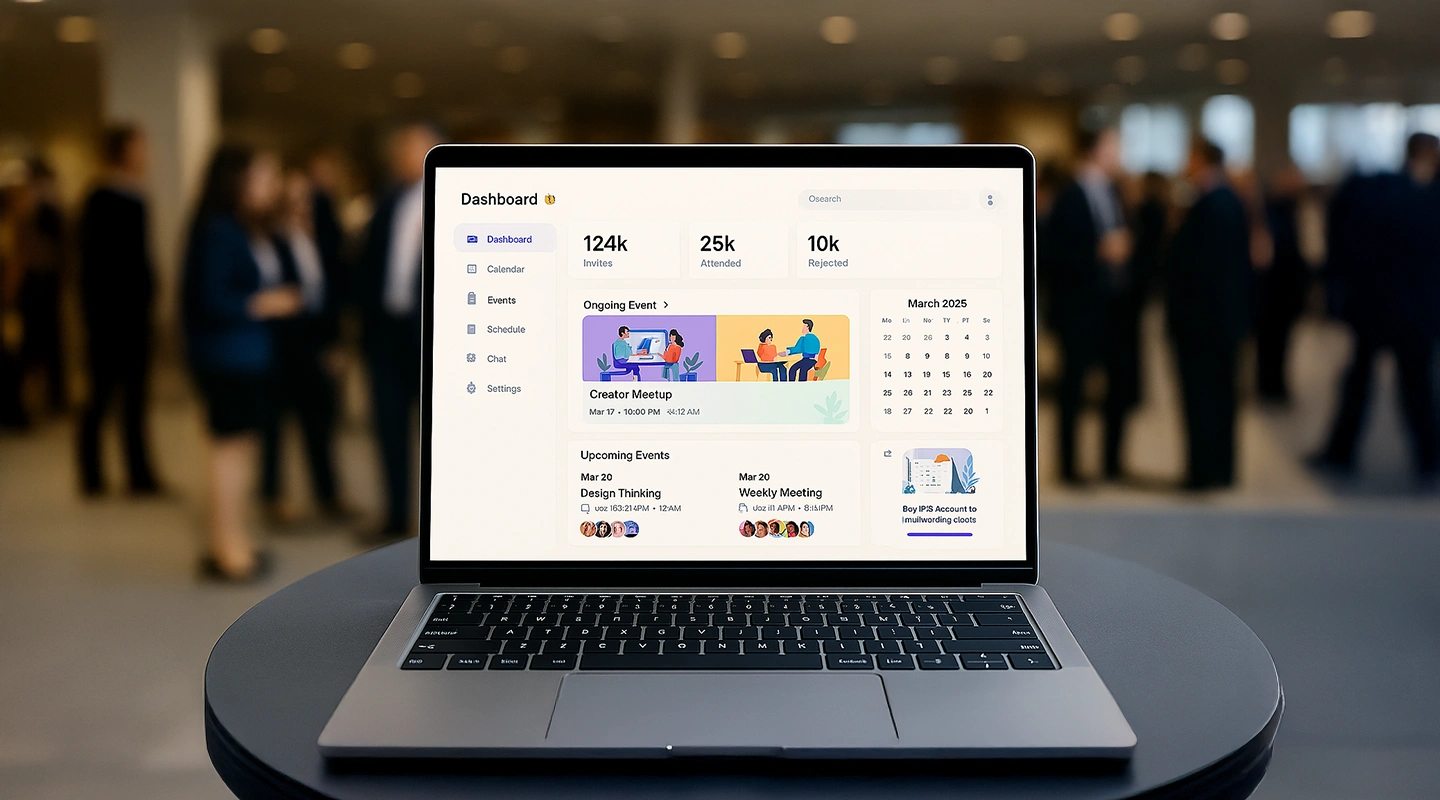
Integration with other platforms reduces errors and enhances efficiency. Benefits include:
- Seamless data flow: Eliminates manual data entry between scheduling, CRM, and ticketing systems.
- Venue and service provider connections: Streamlines sourcing and coordination.
- Real-time notifications: Keeps attendees updated on changes instantly.
Future Trends in Event Scheduling
Emerging trends in event scheduling include:
- AI-powered automation: Personalizes attendee experiences with smart scheduling.
- Hybrid events: Offers a blend of in-person and virtual participation for wider accessibility.
- Continuous improvement: AI-driven analytics refine scheduling strategies for future events.
Best Practices for Event Planners
- Start early: Secure speakers, vendors, and promotions in advance.
- Define clear objectives: Guide scheduling and resource allocation.
- Allocate strategic time slots: Avoid conflicts between overlapping sessions.
- Leverage feedback tools: Assess event success and refine future planning.
The Fliplet Advantage in Event Scheduling
Fliplet provides customizable, no-code mobile event apps tailored for businesses and organizations. With features like real-time updates and seamless integrations, Fliplet simplifies event planning while enhancing attendee engagement.
Summary
Efficient event scheduling is essential for seamless event management. By leveraging modern scheduling tools, automation, and AI-driven insights, organizers can enhance efficiency, attendee engagement, and overall event success. Stay ahead with the latest trends and best practices to make your events more impactful and organized.
FAQs
How do you create a schedule for an event?
Creating a schedule involves identifying key activities, allocating time slots, and using scheduling software for efficiency.
What is the best free scheduling app?
Calendly is a popular free scheduling tool due to its user-friendly interface and integration capabilities.
What are the 5 phases of event planning?
The five phases include Research, Design, Planning, Coordination, and Evaluation.
How do I schedule an event?
Determine the date, choose a venue, and use scheduling software for attendee management.
What are the 3 types of scheduling?
Static, dynamic, and interactive scheduling are commonly used in event management.
What is the meaning of a scheduled event?
A scheduled event is an activity planned with a specific time and date, ensuring participants are informed.
What are the 5 C's of event planning?
Concept, Coordination, Control, Culmination, and Closeout.
What is event management software?
Event management software streamlines planning, organization, and execution with features like registration, scheduling, and attendee management.


